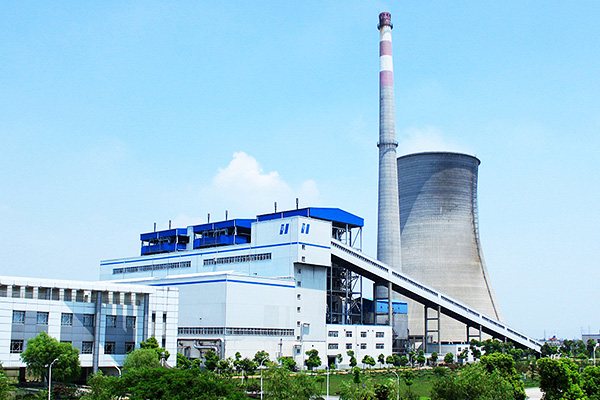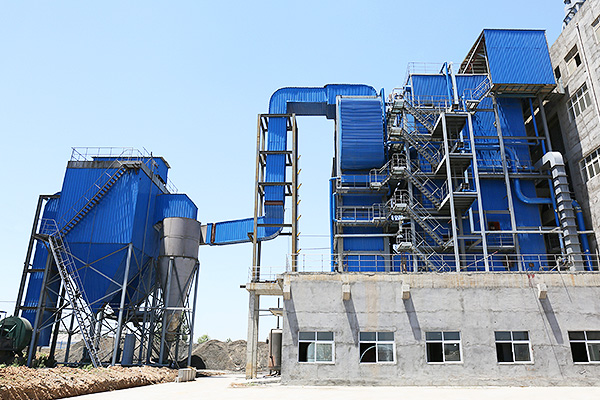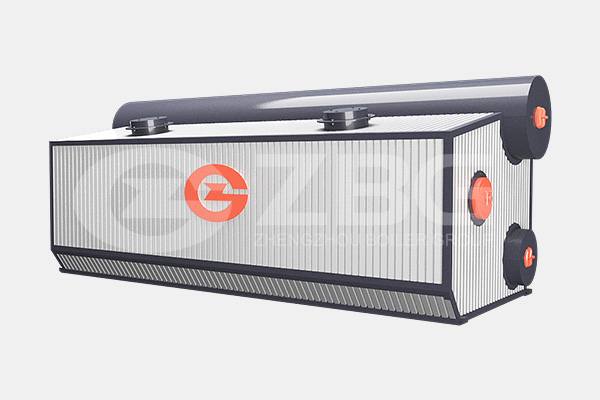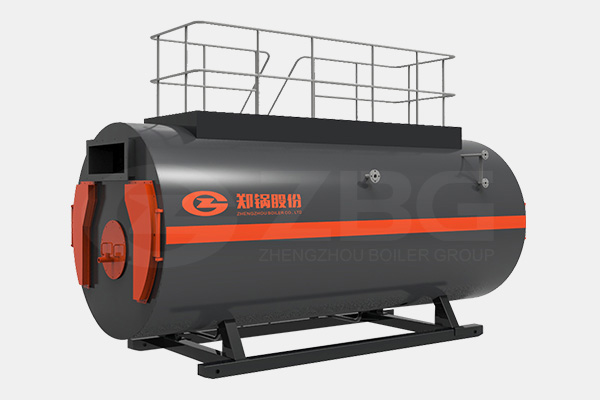Analysis of Biomass Boiler Fuel
Types of biomass fuel
Fuels can be seen as either wet or dry and high or low density. Wetter fuels will have a lower calorific value (i.e. less energy per kilo of fuel) and will be cheaper, but some moisture is usually desirable as some boilers don’t run as well with very dry fuel. Density is fairly straight forward -- denser fuels will take up less space, but can be more expensive. Calorific value is also important, as some fuels will be dense but produce less energy than a less dense fuel with higher calorific content. The best measure of a fuel’s energy is ‘Energy Density by Volume’ or kWh/m3. This allows easy comparison between fuel types.
Virgin Wood. This includes any wood untreated with chemicals and finishes. Typically this comes from forestry and arboriculture, and commercial scale sources for the fuel market will be low grade, such as sawdust, bark or brash. Using virgin wood it is important to know the source of the fuel, as this could have repercussions for any environmental permits.
Energy Crops. This is not a big market in the UK but typically it involves short rotation crops, and could use any number of plants from fast growing trees like poplar to sugar and starch crops (beet, wheat or maize), to oil crops like rape and sunflower. Whatever the source, the fuel typically comes in a processed chipped form. With these fuels it is important to know whether the boiler is suitable for use with them.
Agricultural Residues. These systems typically require daily user input which can be a turn off for some, but for those with easy access to waste materials like wheat or barley straw, they can offer a very price competitive option.
Food Residues. Typically wet and can come from almost any food manufacturer in the form of oils, fruit and vegetables, distillery waste, and waste meat and fish.
Industrial Residues. This can include treated and untreated wood residues, like sawdust or dry wood chip. Consent is usually required for these kinds of boilers as the fuel must comply with environmental regulations. You must also be careful with the use of extremely dry materials as these can adversely affect a boiler that is not designed for use with the fuel.
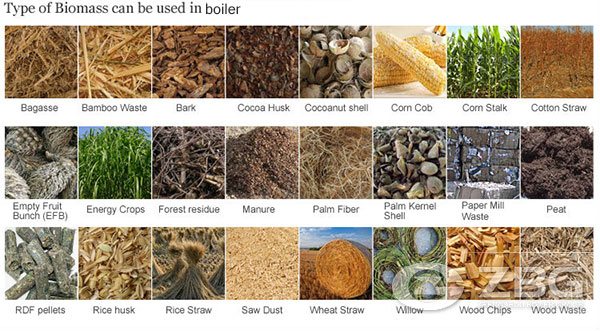
Factors affecting fuel cost
It is important to remember that the cost of a certain type of fuel will differ from one installation to another, for a number of reasons including:
Logistics-- This includes distance from raw materials, delivery vehicle, frequency and volume of fuel required, discharge rates to move the fuel from the vehicle to storage.
Quality-- Form of the fuel, calorific value, and quality of the fuel.
Market-- Source of fuel, contract type (i.e. by weight, energy, volume etc.), quantity required, fluctuations in seasonal demand, and local demand.
